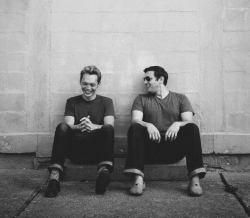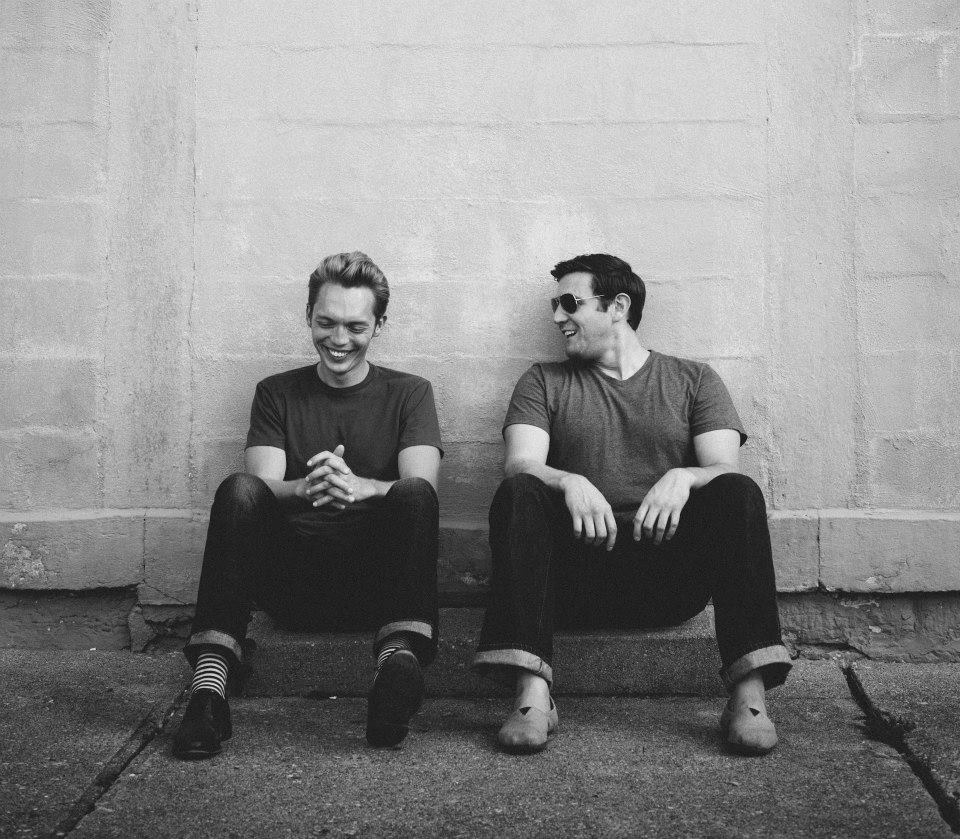 Almost 12 months ago, my family resolved to quit buying new stuff for one year. The experiment itself was nothing new — in fact, it’s been recycled many times over. But we wanted to take a triple bottom line approach: In a year of widespread belt-tightening, focusing on people, the planet, and profits — or in this case our pocketbooks — made just as much sense for families as it does for businesses.
Almost 12 months ago, my family resolved to quit buying new stuff for one year. The experiment itself was nothing new — in fact, it’s been recycled many times over. But we wanted to take a triple bottom line approach: In a year of widespread belt-tightening, focusing on people, the planet, and profits — or in this case our pocketbooks — made just as much sense for families as it does for businesses.
To clarify, it didn’t mean we wouldn’t buy anything at all, but when we did need something, we’d try to find it used. When we could, we’d borrow or rent. Of course we still buy our food new and we make exceptions for some essentials like toiletries and medicine — and underwear. The idea is to be more conscious and thoughtful about the things we do buy. Progress, not necessarily perfection.
The experiment has not only altered my relationship with stuff, it’s opened my eyes to all kinds of people — and whole movements — dedicated to simplifying their lives and breaking out of joyless consumerist mindsets.
Recently, I found out about Joshua Fields Millburn and Ryan Nicodemus — a.k.a. the Minimalists. They blog about living with less and being happier for it. At the moment, they’re at the tail end of their “Holiday Happiness Tour.” They also have a new book out: Minimalism: Live a Meaningful Life.
These guys are true converts. By their late 20s they’d both worked hard to “have it all”: six-figure jobs, big houses, fancy cars, and all kinds of expensive “toys.” By most conventional measures, they’d achieved the American Dream. Yet with all that stuff, they write, “we knew we weren’t satisfied with our lives.” It dawned on them that they were spending all their time working, and rather than being fulfilled by their possessions, they felt buried under them.
Seeking to regain control, they stumbled onto “minimalism,” the idea that living more simply leads to increased freedom and happiness. They embraced it, big time. They quit their jobs and commenced paring their own lives down to the bare essentials — as they define it, trading empty status and stuff for their health, relationships, passions, growth, and contributions to others. They dedicated new careers to teaching others to follow suit. Recently they even moved from their native Ohio to a remote cabin in Montana.
The principles of a minimalist lifestyle are flexible, though — you don’t have to quit your job, go live in the woods, or commit to owning fewer than 100 things to adhere. The idea, as one of their mentors, Leo Babauta of Zen Habits, puts it, is to shed “the excesses of consumerism, material possessions, clutter, having too much to do, too much debt, too many distractions, too much noise. But too little meaning.”
Ryan and Josh’s 21-Day Journey to Minimalism is a step-by-step guide to uncluttering your life. On Day 3, they have a “packing party,” where they box up everything in the house. Little by little, over the next seven days, they unpack, starting with the essentials — toothbrush, drinking glass, a change of clothes. Eventually they evaluate what’s left in the boxes, including the “things you think you need,” “things you’re afraid to get rid of,” and “things you keep just in case.”
They’re ruthless, and way ahead of this archivist’s daughter when it comes to tossing family photos and keepsakes (they scan photos first). In the end, they donated, sold, or trashed a vast portion of their unused, unnecessary possessions. The idea is that you really don’t need most of the stuff if it didn’t come out of the box for a week — not to mention the stuff that’s been in boxes for years in your basement!
The genre of the blog and the books is definitely self-help, some of it a little trumped up for my taste. For example, I doubt I’ll be using “mission” in place of “career” in casual conversation anytime soon, though I appreciate the sentiment. I also found myself wondering if the Minimalists see sustainability as a motivation — cutting landfill waste and emissions and saving natural resources — along with their laudable goals of spending less and being happier and healthier. Their recommendation to purge anything that you can easily replace doesn’t strike me as particularly green — unless what they say is true: that you will find you replace very few items on that list.
That said, minimalism’s insistence on mindfulness about what we consume is right up my alley. I think it makes greener consumers of us as well — even if it’s merely a happy side effect. And the notion that increased freedom comes with shedding our consumerist habits (and trappings) resonates with me too. This has certainly been my lived experience over the past 12 months.
And just think of all the precious time there is to nurture ourselves and our important relationships when we reclaim hours currently spent shopping/surfing for, buying, sorting, organizing, and storing our ungodly amounts of stuff.



